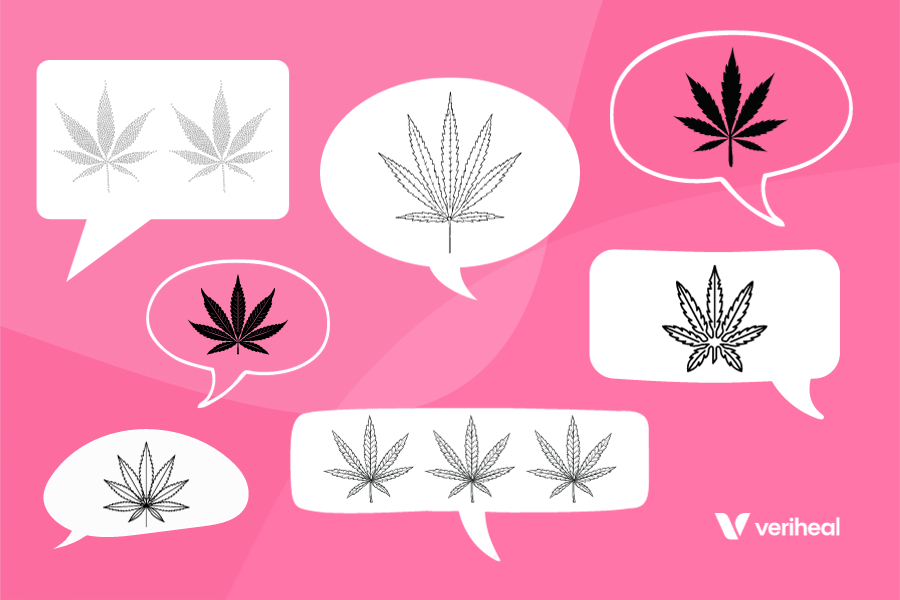“Stoned,” “high,” “tripping,” and “baked,” are all terms engrained in the cannabis community. These metaphorical descriptions contribute to how we perceive, interpret, and learn from the experiences produced by cannabis consumption. Cannabis experiences, of course, are unique and highly variable. Specific plant strains, the presence of other cannabinoids, different delivery methods, and a user’s individual responses to cannabis products can all affect how you feel after smoking. This makes descriptions of cannabis experiences highly personal and often difficult to describe with words. As such, consumers often lean on the aforementioned metaphors to talk about their experiences.
Feeling ‘High’ vs. Feeling ‘Stoned’
The metaphors used to describe cannabis experiences can communicate specific information about the user’s experience. Case in point, the words “high” and “stoned”. While it’s true that some use these words interchangeably — for many in the cannabis community these words describe entirely different experiences.
When we examine synonyms for the word “high,” we see words like “elevated,” “soaring,” or “peak”. When looking at synonyms for “stone” however, we see words like “rock” and “seed”. These words capture the different experiences that characterize cannabis’ effects. The word “high” is a classic metaphor for feeling uplifted and inspired — effects associated with a cerebral high. The word “stone” meanwhile, implies feeling heavy or inactive — effects associated with the body.
The Importance of Metaphorical Descriptions in Cannabis Exploration and Treatment
Metaphors are increasingly used to inform clinicians about the effects of various drugs on user experience. According to the conceptual metaphor theory, metaphor use is a common everyday linguistic practice that can contribute more to our understanding and knowledge of individual experiences. Metaphorical expressions are a big part of how we conceptualize and interpret the world, consciously or unconsciously.
Why You Should Get Your Medical Marijuana Card
Veriheal has satisfied millions of patients nationwide by giving them access to these benefits
- Larger purchase limits
- Peace of mind
- Enhanced legal protection
- Access to higher potency strains
- Save up to 25% on cannabis purchases
- Skip the line at the dispensary
This is especially apparent in our descriptions and comprehension of drug-related experiences. When it comes to psychedelics or cannabis metaphors are particularly useful because of how abstract these experiences are. Rather than being a mere literary tool for illustrating the drug’s effects, metaphor can play an instrumental role in communicating the effectiveness, benefits, or harms associated with using various cannabis products.
Through an improved understanding of how metaphors capture user experience, experts can get a better idea of the effects produced by different kinds of strains and cannabis delivery methods. This can help individuals seeking therapeutic cannabis treatment, giving doctors an idea of what effects patients like and don’t like.
Metaphors Make Subjective Experiences Tangible and Informative
With the myriad of cannabinoid, flavonoid, and terpene profiles that exist in cannabis products, achieving effective therapy with cannabis requires a deep understanding of the plant’s various effects. Metaphors fill this communication gap by allowing cannabis consumers and their advisors to better understand each other. Through this, patients can refine their personal product choices to maximize their healing.
Want to make the most of your own health journey with cannabis? Talk with a professional and see if you qualify for an MMJ card with the help of Veriheal.
Author, Share & Comments
















